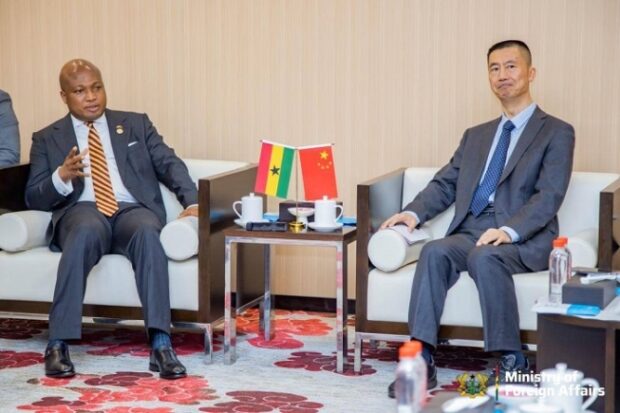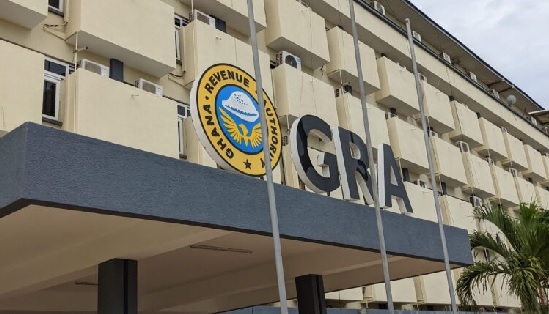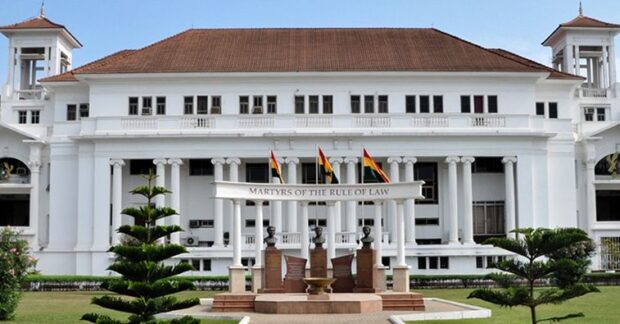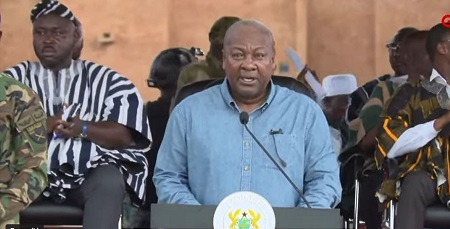
In a significant affirmation of Ghana’s dedication to transparency and good governance, Speaker of Parliament Alban Sumana Kingsford Bagbin has assured the African Union (AU) of the nation’s unwavering commitment to fighting corruption. This declaration was made during a courtesy call by the African Union Advisory Board Against Corruption (AUABC) to Ghana’s Parliament House in Accra.
Parliament’s Role in Anti-Corruption Efforts
Speaker Bagbin highlighted the proactive measures taken by Ghana’s Parliament to curb corruption. Notably, the Public Accounts Committee (PAC) has been instrumental in promoting accountability, saving the nation over GH¢273 million in 2024 through diligent oversight and 252 recommendations aimed at enhancing transparency across government agencies.
Further emphasizing Parliament’s commitment, Bagbin noted the implementation of internal reforms, including the adoption of a Code of Conduct for members and staff, revisions to the House’s Standing Orders, and the establishment of a dedicated anti-corruption department within Parliament’s governance framework. These initiatives are designed to foster ethical conduct and strengthen parliamentary accountability.
Legal and Institutional Frameworks
Ghana’s anti-corruption stance is underpinned by a robust legal and institutional framework. Since adopting a Zero Tolerance for Corruption policy in 2001, the country has enacted several key legislations, including the Anti-Money Laundering Act, the Whistleblower Act, the Witness Protection Act, and the Right to Information Act.
Institutionally, Ghana has established specialized anti-corruption agencies such as the Economic and Organised Crime Office (EOCO) and the Office of the Special Prosecutor. These bodies are tasked with investigating and prosecuting corruption-related offenses, thereby reinforcing the country’s commitment to eradicating graft.
Engagement with Civil Society and Citizens
Recognizing the pivotal role of citizens and civil society organizations (CSOs) in the fight against corruption, Parliament has instituted the Citizens’ Bureau. This platform allows members of the public and CSOs to petition Parliament on national issues for further investigation and action. Additionally, quarterly meetings with traditional leaders, academics, and citizens are held to discuss governance matters, ensuring that public input informs legislative processes.
Continental Collaboration and Recognition
Ghana’s anti-corruption efforts have not gone unnoticed on the continental stage. The AUABC, during its visit, commended Ghana for its outstanding leadership in combating corruption. The Board’s Chairperson, Madam Seynabou Ndiaye Diakhatè, lauded Ghana’s initiatives and expressed optimism that the Board’s recommendations would further empower national anti-corruption institutions.
As part of its mission, the AUABC is engaging key anti-corruption institutions, including the Commission on Human Rights and Administrative Justice (CHRAJ) and CSOs, to exchange best practices and identify challenges in the fight against corruption.
Ongoing Reforms and Future Outlook
Speaker Bagbin emphasized that Parliament is working on constitutional and legal reforms to enhance anti-corruption measures. These reforms aim to make Ghana’s legal framework more effective in addressing corruption, including the enforcement of anti-corruption laws and the promotion of ethical conduct among lawmakers.
He reiterated Parliament’s readiness to collaborate with the AUABC and other stakeholders to strengthen Ghana’s anti-corruption systems, acknowledging the corrosive impact of corruption and committing to stronger measures to combat it.











Be the first to leave a comment